As IranWire has reported, hundreds of Iranians have sustained severe eye injuries after being hit by pellets, tear gas cannisters, paintball bullets or other projectiles used by security forces amid a bloody crackdown on mainly peaceful demonstrations. Doctors say that, as of now, at least 580 protesters have lost one or both eyes in Tehran and in Kurdistan alone. But the actual numbers across the country are much higher. The report concluded that such actions by the security forces could constitute a “crime against humanity,” as defined by Article 7 of the Rome Statute.
IranWire has explored this question more deeply in an interview with Professor Payam Akhavan, a prominent human rights lawyer, special advisor to the Prosecutor of the International Criminal Court and a former member of the Office of the Prosecutor of the International Criminal Tribunal for the Former Yugoslavia.
IranWire is aware of more than 50 serious eye injuries sustained by protestors and bystanders over the past five months. With the help of independent ophthalmologists, we have reviewed the medical records of around a dozen individuals and compiled a comprehensive medical report.
In the series of reports “Blinding As A Weapon,” IranWire presents the victims’ stories told in their own words. Some have posted their stories, along with their names and pictures, on social media. Others, whose real names shall not be disclosed to protect their safety, have told their stories to IranWire, which can make their identities and medical records available to international legal authorities.
This is the story of Ali Tahoneh, a 34-year-old man who lost his job after sustaining serious injuries on both eyes during protests in the city of Karaj. Despite the odds, he regained some vision, but he remains haunted by the memory of wounded children.
***
"I asked, 'Is sadness visible in the eyes?' And you said that sometimes it can be seen, and sometimes it cannot."
Tahoneh posted this exert of a radio broadcast on his Instagram page almost four months after sustaining eye injuries.
The young man lives in Karaj, near Tehran, but he is originally from Ahwaz, in the south.
After his father died many years ago due to illness, he dropped secondary school to enter the job market and financially support his mother and sister. For a living, the child moved 18-kilogram oil drums or 70-kilogram sacks of pistachios in Ahvaz, which experiences extreme heat in summers and harsh winters.
As Tahoneh grew older, he developed new skills during his two-year mandatory military service, which allowed him to start a car repair business, with a specialization in hydraulic power steering systems.
Despite rapid inflation, his clients say he was compassionate, giving discounts or even working for free, but he was still able to cover rent, taxes as well as living expenses for the family.
But Tahoneh’s eye injuries forced him to stay at home, just when he was starting to pay off his debts.
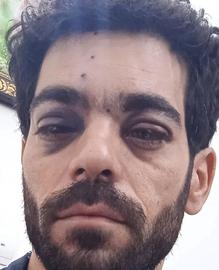
They Shot to Kill
It happened in Karaj late on September 22, in the early days of nationwide protests triggered by the death of Mahsa Amini in the custody of morality police.
Tahoneh and his friends were participating in a protest when dozens of fully armed security forces confronted the chanting crowds.
In a parking lot, riot police fire shots in his direction as he tried to help an old man lying on the ground covered in blood.
Some of the pellets hit his head and hand, and he sought shelter in a dead-end alley amid tear gas smoke.
An officer pointed a gun at him with a green laser light that hurt his eyes. The agent fired and Tahoneh collapsed on the ground, unable to see anything.
The security forces were approaching him when the sounds of protesters grew louder and closer, forcing the officers to flee.
A local resident found Tahoneh in the dead-end alley and helped him. Eventually, his friends took him to a Tehran hospital where he underwent three surgeries in the span of 10 days.
"During that period, we saw several children who had been shot in the eyes during protests,” one of his friends said. “Despite their young age, they were forced to endure excruciating pain and wait for treatment. It was heart-wrenching seeing their eyes drained."
The eye surgery was successful, and Tahoneh eventually regained his vision despite a difficult recovery process.
For five months, he slept on his stomach in a dark room, lost weight and had to avoid stress to prevent further damage to his eyes.
Dr. Rozbeh Esfandiari, a former emergency physician in Tehran, said that after retinal surgery, patients must sleep on their stomachs to prevent further detachment. In addition, inflammations may cause temporary vision loss, but if the damage is not irreparable, the vision will eventually return.
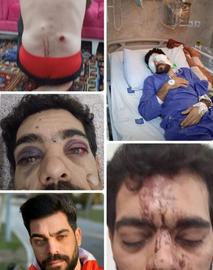
Lasting Voices
According to a friend, Tahoneh fell victim of government repression on multiple occasions, for instance in 2018 when he was arrested because of his long hair and baggy pants and was tortured in Ahvaz’s detention centers as the government was cracking down on "thugs."
During his time as a soldier, he was held in the Shiraz detention center and insulted because he had protested the commanders' use of violence against troops.
Now, Tahoneh’s eyes are blurry. Day and night, the man wears smoky glasses left by his father.
Some sounds still haunt him, such as the sounds of torture he could hear while in detention and the cries of children who had their eyes removed in the hospital after being shot.
On the night he sustained his eye wounds, Tahoneh heard the voice of a girl that suddenly stopped after shots were fired.
He also remembers sometimes the voice of Mohsen Shekari’s mother.
Shekari was a young protester who was hanged in December. On the day of his execution, his mother was shouting his name in the street.
visit the accountability section
In this section of Iran Wire, you can contact the officials and launch your campaign for various problems




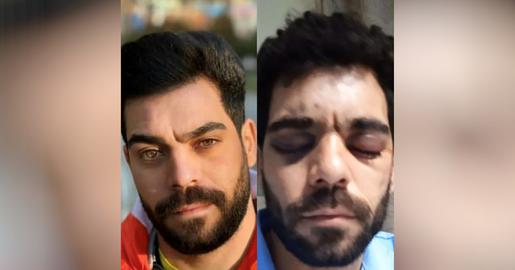
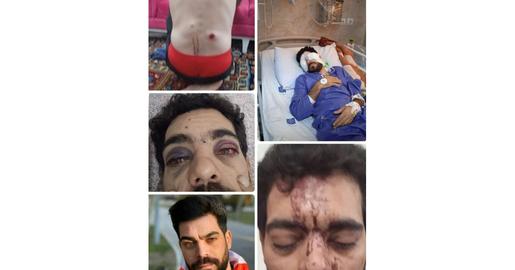
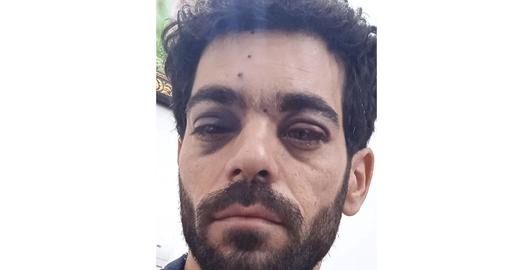





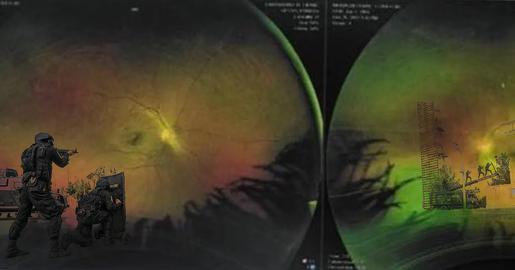
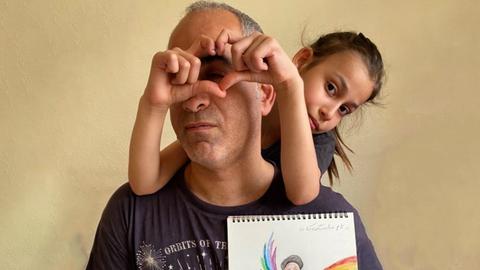
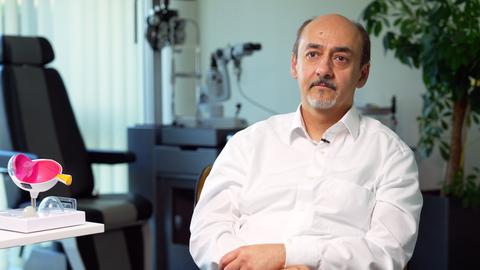



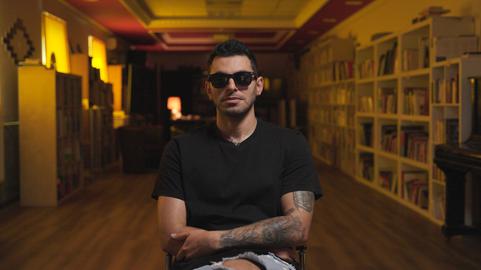


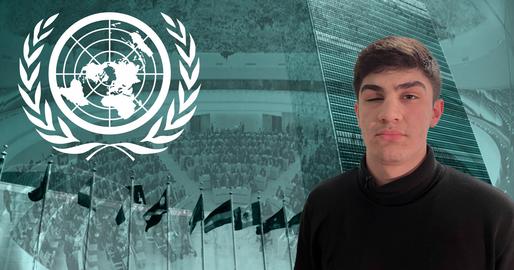


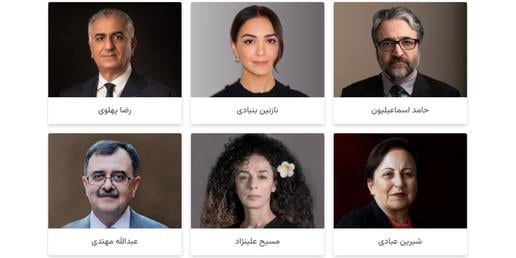
comments